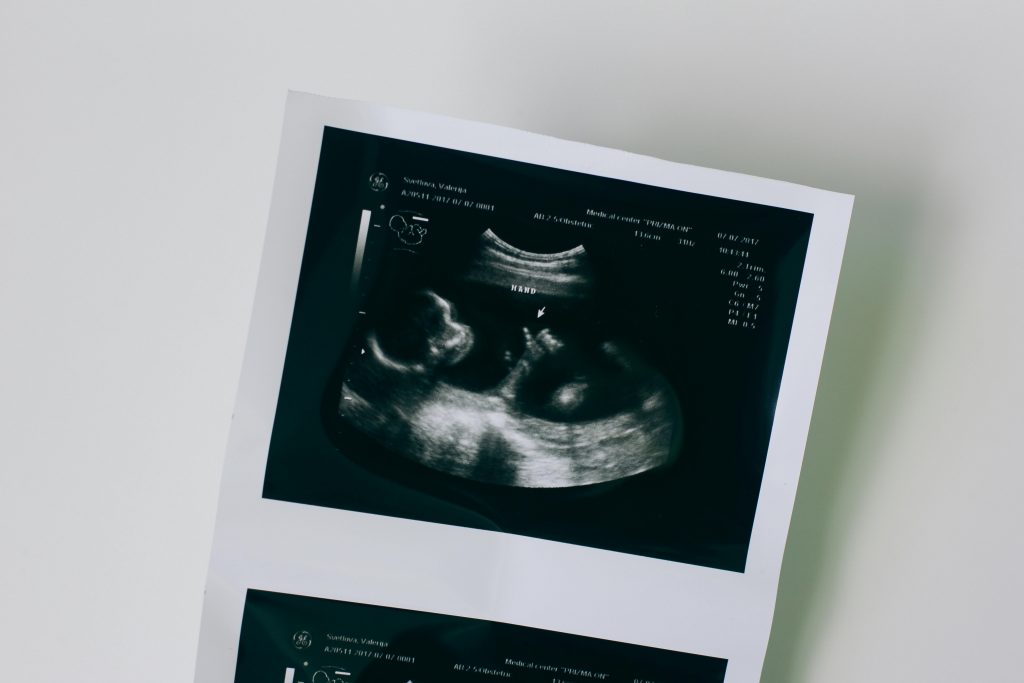A federal lawsuit filed Monday would block the State of Arkansas from enforcing a section of the 2023 LEARNS Act protecting public school students from Critical Race Theory and explicit sexual material at school.
Act 237 of 2023 is a comprehensive education law by Sen. Breanne Davis (R – Russellville) and Rep. Keith Brooks (R – Little Rock) titled “The LEARNS Act.”
The law deals with issues such as Critical Race Theory, teacher salaries, public school employment, early childhood care, and protecting elementary school children from inappropriate sexual material at school.
It also provides a blueprint for implementing a voluntary school choice program that would make it possible for students to receive a publicly-funded education at a public or private school or at home.
The federal lawsuit filed Monday specifically challenges Section 16 of the LEARNS Act, which does the following:
- Section 16 requires the Arkansas Secretary of Education to review all policies to be sure that indoctrination — including critical race theory — is prohibited and that no public school employee or public school student is required to attend training or orientation that is based on Critical Race Theory or other prohibited indoctrination.
- Section 16 requires each public school to implement a child sex abuse and human trafficking prevention program that is age appropriate and complies with Arkansas Department of Education standards.
- Section 16 prohibits sexual material in classroom instruction before fifth grade. This includes instruction regarding sexual intercourse, sexual reproduction, sexual orientation, and gender identity.
You can download a copy of Section 16 here.
Under Section 16 of the LEARNS Act, sex education is prohibited in Kindergarten and early elementary school. In later grades, sex education must be conducted according to other state laws—including other Arkansas laws that prohibit explicit, “comprehensive” sex education. Altogether, Section 16 makes significant improvements to Arkansas sex education laws.
The lawsuit focuses on the LEARNS Act’s effect on AP African American Studies at Central High School in Little Rock.
However, the lawsuit asks the federal court to declare Section 16 of the LEARNS Act unconstitutional and block the State of Arkansas from enforcing it.
If a federal court blocked all of Section 16 as the lawsuit requests, that presumably would include the parts of the law protecting public school students from explicit sexual material in the classroom.
You Can Download a Copy of the Lawsuit Here.
Articles appearing on this website are written with the aid of Family Council’s researchers and writers.
READ MORE






